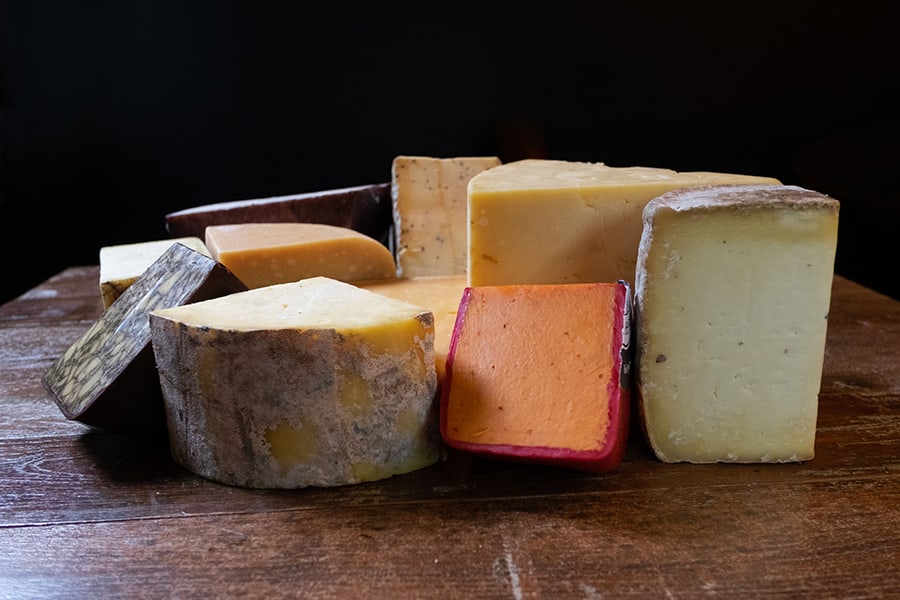What is Soft Cheese? A Comprehensive Guide
Soft cheese, with its creamy texture and rich flavour, holds a special place in the culinary world. It’s a versatile cheese category that can enhance a wide range of cheeseboards or dishes, from savoury to sweet. In this blog, we’ll take a closer look at soft cheese, its various types, how it’s made, its culinary uses, as well as its health benefits and risks.
Soft cheese is a HUGE category of cheese known for (as the name would suggest) being quite soft. Unlike hard cheeses that undergo an ageing process, soft cheeses are usually fresher and have a higher moisture content. This makes them ideal for spreading, melting, or simply enjoying on a cracker. Soft cheese has earned its place in the culinary world for its versatility and variety.
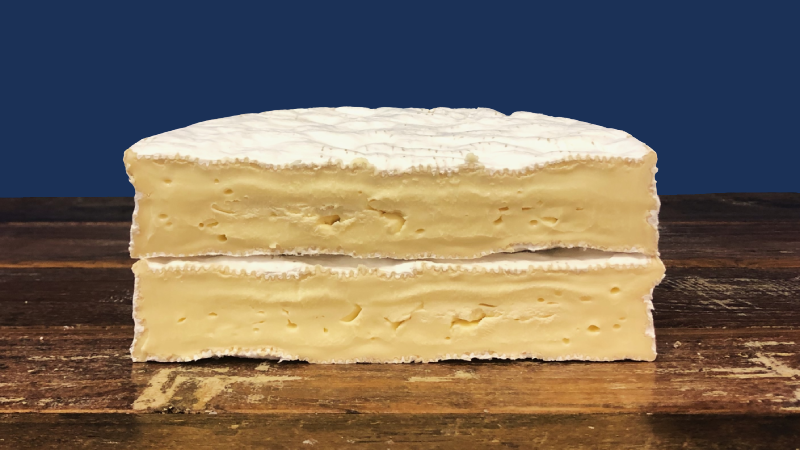
(Just a few) Types of Soft Cheese
- Cream Cheese: Creamy and mild, cream cheese is a beloved spread for bagels, a key ingredient in cheesecakes, and a versatile addition to both savoury and sweet dishes. We love a crowdie!
- Brie or similar: Brie cheese is renowned for its edible white rind and creamy interior. It’s perfect for pairing with fruits, nuts, or crusty bread. Think Brie de Meaux or Baron Bigod!
- Washed Rind: Similar to Brie, boasting a soft, creamy interior with additional funk from brining or alcohol washing. Our favourites are Langres or Maida Vale!
- Ricotta: Ricotta cheese is a fresh, Italian cheese with a delicate flavour. It’s commonly used in lasagna, stuffed pasta, and desserts like cannoli.
- Feta: Feta cheese has a crumbly texture and tangy taste, making it an excellent choice for salads, Mediterranean dishes, and bruschettas.
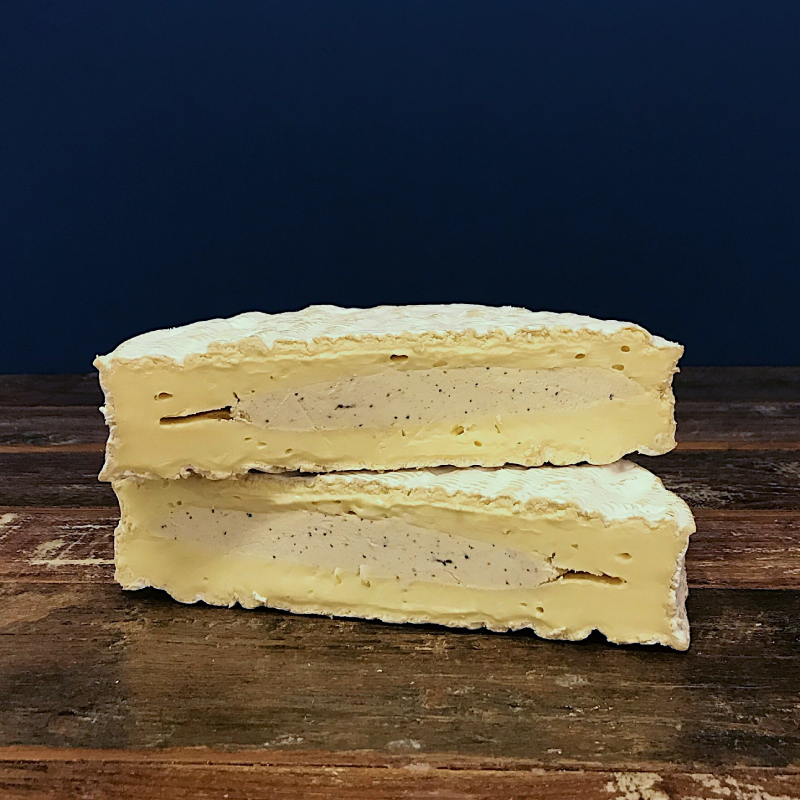
How Soft Cheese is Made
Soft cheese is made using a relatively straightforward process. The basic steps include:
- Acidification: The milk is heated and inoculated with starter cultures to promote acidification.
- Coagulation: Rennet is added to the milk, causing it to curdle and form curds.
- Draining: The curds are separated from the whey, and the curds are left to drain, which helps create the desired creamy texture.
- Salting: Salt may be added for flavour and to aid in preservation.
The time required for making soft cheese can vary depending on the specific type, but it typically takes a few hours to a few days…
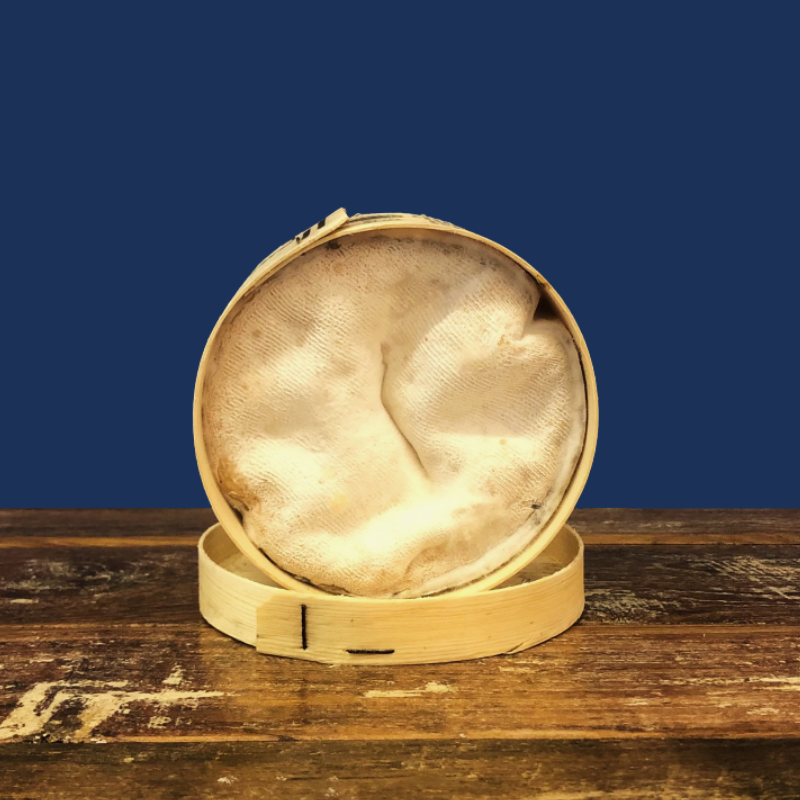
Soft cheeses – not just for your cheeseboard!
Soft cheese’s versatility shines through in its culinary applications:
- Cheeseboards: Soft cheeses are perfect for cheese boards, served with fruits, nuts, and crackers. Creamy cheese spreads are also delightful when paired with fresh vegetables.
- Main Courses: Soft cheese can be used in pasta dishes, such as stuffed ravioli or creamy Alfredo sauces. It’s also a great addition to sandwiches and wraps.
- Desserts: Soft cheese like cream cheese and ricotta are essential for desserts like cheesecake, tiramisu, and blintzes.

Health Benefits and Risks of Soft Cheese
Soft cheeses can be a good source of essential nutrients like calcium and protein. However, they are also relatively high in fat and calories, so moderation is key. Some health benefits include:
- Calcium-rich: Soft cheeses can contribute to bone health.
- Protein source: They provide a protein boost.
- Probiotics: Some soft cheeses contain beneficial bacteria that support gut health.
As well as health benefits, you should also consider the risks:
- High fat content: Excessive consumption can contribute to weight gain.
- Sodium: Some soft cheeses are high in salt, which can be a concern for those with hypertension.
- Listeria risk: Pregnant individuals and those with compromised immune systems should be cautious due to the risk of Listeria contamination.

FAQs: Common Questions About Soft Cheese
Is soft cheese safe during pregnancy?
Soft cheeses (like Brie and Camembert) should be avoided during pregnancy due to the risk of Listeria contamination, if you cant wait 9 months we recommend cooking them until they are PIPING hot.
How to store soft cheese?
Store soft cheese in the refrigerator in an airtight container or wrapped in plastic wrap to prevent it from absorbing other odours in the fridge.
Can you freeze soft cheese?
While you can freeze soft cheese for later use – we certainly wouldn’t recommend it. Be prepared for some changes in consistency when you thaw it and a much shorter shelf life.
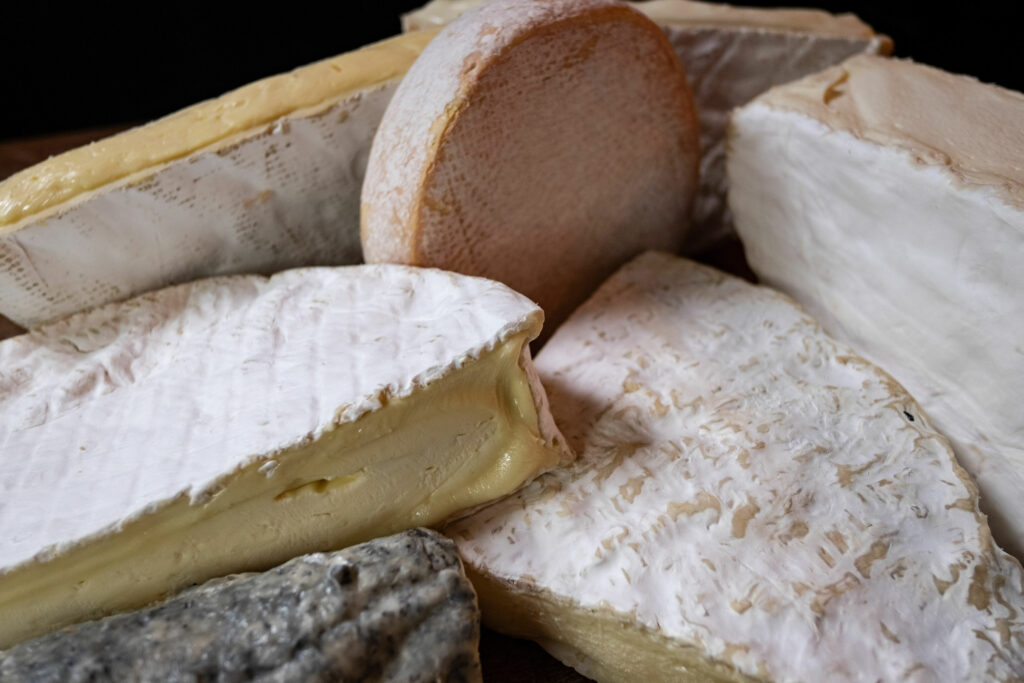
In summary, soft cheese is a culinary gem that enhances dishes with its creamy texture and rich flavour. From delicious cheeseboards to creamy desserts, soft cheese adds depth and indulgence to a wide range of recipes. However, it’s essential to enjoy soft cheese in moderation, be aware of potential health risks, and always ask your cheesemonger if you are unsure about anything, particularly if you are vulnerable or immuno compromised . So, next time you’re in the kitchen, consider adding a wedge of your favourite soft cheese to elevate your cooking!

